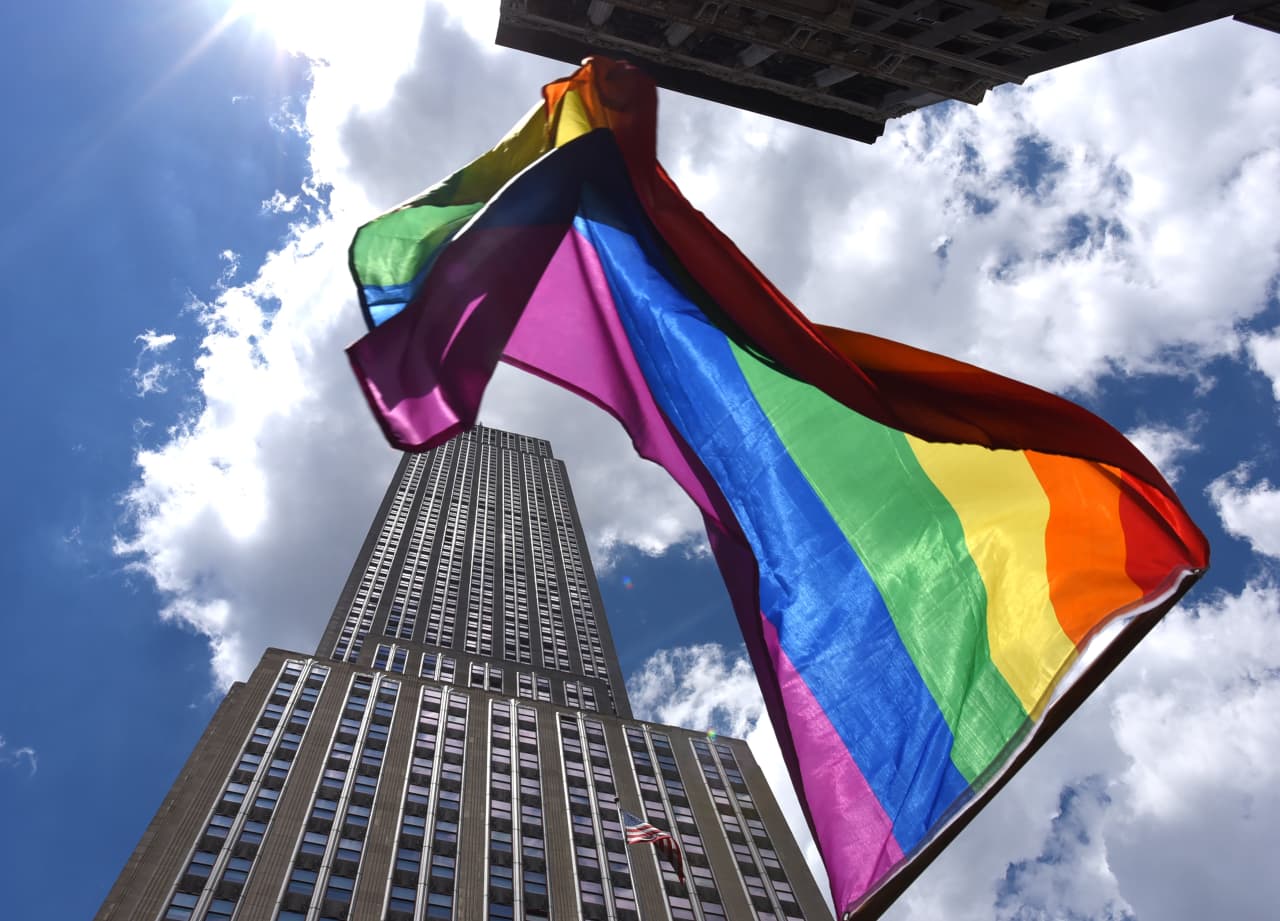What’s worse than having an affair? Lying about money
A new Australian survey revealed a lack of transparency about finances had potential to cause more harm to relationships than an extramarital romantic liaison
One in five Australians think lying to a partner about spending or income is worse than physically cheating or having an affair. A Finder survey of 1,096 people found Baby Boomers are the most worried about financial lies in a relationship, with 23 percent feeling concerned about it. This compares to 22 percent of millennials, 21 percent of Gen X and 18 percent of Gen Y.
Sarah Megginson, Finder’s personal finance expert, said there can be major fallout from financial secrets.
“Purposefully hiding information about money is a major red flag in relationships, especially when couples share finances,” she said. “Financial lies can be quite destructive and leave people feeling betrayed and untrusting. As our research shows, it can cause even more pain than a romantic affair.”
Ms Megginson said people lie about money for several reasons.
“For some people, the motivation to be dishonest is born out of embarrassment over a secret debt or an addiction that’s gotten out of control,” she said. “For others, it’s less about shame, and more about wanting to be prepared with a financial safety net in the event the relationship ends poorly, so they might have a ‘secret’ account they haven’t told you about.”
Keeping finances separate is a rising trend among couples in Australia, even if they are married with children. St George Bank surveyed 1,500 parents in 2018 and discovered only 51 percent combined their incomes in joint accounts, and 37 percent kept their money separate. The research also showed one in four people were keeping a financial secret. Women were more likely to keep a large debt secret and men were more likely to have a private savings account. Other financial indiscretions people were keeping to themselves included a large purchase or a secret credit card.
Research by Relationships Australia shows many couples are not having conversations about financial arrangements before entering into committed relationships. Four in 10 people did not discuss how their personal incomes would be shared before they committed to their partner. A majority of women (74 percent) and men (69 percent) reported no discussion about how finances would be divided if the relationship ended.
Ms Megginson said money was a source of conflict for many couples, with 40 percent of survey respondents saying the conflict related to their partners overspending. She encouraged couples to have regular, honest conversations. “If you’re hiding something, consider coming clean sooner than later. The longer it goes on, the bigger the problem can grow and the more elaborate your lies are likely to become.
“Financial trust is really crucial in a relationship, so it’s ideal if you can talk openly about money and get on the same page, and ideally support each other to reach financial goals together. If you feel like you are being taken advantage of or if you can’t leave a relationship because of financial issues, contact the National Debt Helpline,” she said.
This stylish family home combines a classic palette and finishes with a flexible floorplan
Just 55 minutes from Sydney, make this your creative getaway located in the majestic Hawkesbury region.
Continued stagflation and cost of living pressures are causing couples to think twice about starting a family, new data has revealed, with long term impacts expected
Australia is in the midst of a ‘baby recession’ with preliminary estimates showing the number of births in 2023 fell by more than four percent to the lowest level since 2006, according to KPMG. The consultancy firm says this reflects the impact of cost-of-living pressures on the feasibility of younger Australians starting a family.
KPMG estimates that 289,100 babies were born in 2023. This compares to 300,684 babies in 2022 and 309,996 in 2021, according to the Australian Bureau of Statistics (ABS). KPMG urban economist Terry Rawnsley said weak economic growth often leads to a reduced number of births. In 2023, ABS data shows gross domestic product (GDP) fell to 1.5 percent. Despite the population growing by 2.5 percent in 2023, GDP on a per capita basis went into negative territory, down one percent over the 12 months.
“Birth rates provide insight into long-term population growth as well as the current confidence of Australian families,” said Mr Rawnsley. “We haven’t seen such a sharp drop in births in Australia since the period of economic stagflation in the 1970s, which coincided with the initial widespread adoption of the contraceptive pill.”
Mr Rawnsley said many Australian couples delayed starting a family while the pandemic played out in 2020. The number of births fell from 305,832 in 2019 to 294,369 in 2020. Then in 2021, strong employment and vast amounts of stimulus money, along with high household savings due to lockdowns, gave couples better financial means to have a baby. This led to a rebound in births.
However, the re-opening of the global economy in 2022 led to soaring inflation. By the start of 2023, the Australian consumer price index (CPI) had risen to its highest level since 1990 at 7.8 percent per annum. By that stage, the Reserve Bank had already commenced an aggressive rate-hiking strategy to fight inflation and had raised the cash rate every month between May and December 2022.
Five more rate hikes during 2023 put further pressure on couples with mortgages and put the brakes on family formation. “This combination of the pandemic and rapid economic changes explains the spike and subsequent sharp decline in birth rates we have observed over the past four years,” Mr Rawnsley said.
The impact of high costs of living on couples’ decision to have a baby is highlighted in births data for the capital cities. KPMG estimates there were 60,860 births in Sydney in 2023, down 8.6 percent from 2019. There were 56,270 births in Melbourne, down 7.3 percent. In Perth, there were 25,020 births, down 6 percent, while in Brisbane there were 30,250 births, down 4.3 percent. Canberra was the only capital city where there was no fall in the number of births in 2023 compared to 2019.
“CPI growth in Canberra has been slightly subdued compared to that in other major cities, and the economic outlook has remained strong,” Mr Rawnsley said. “This means families have not been hurting as much as those in other capital cities, and in turn, we’ve seen a stabilisation of births in the ACT.”
This stylish family home combines a classic palette and finishes with a flexible floorplan
Just 55 minutes from Sydney, make this your creative getaway located in the majestic Hawkesbury region.

















